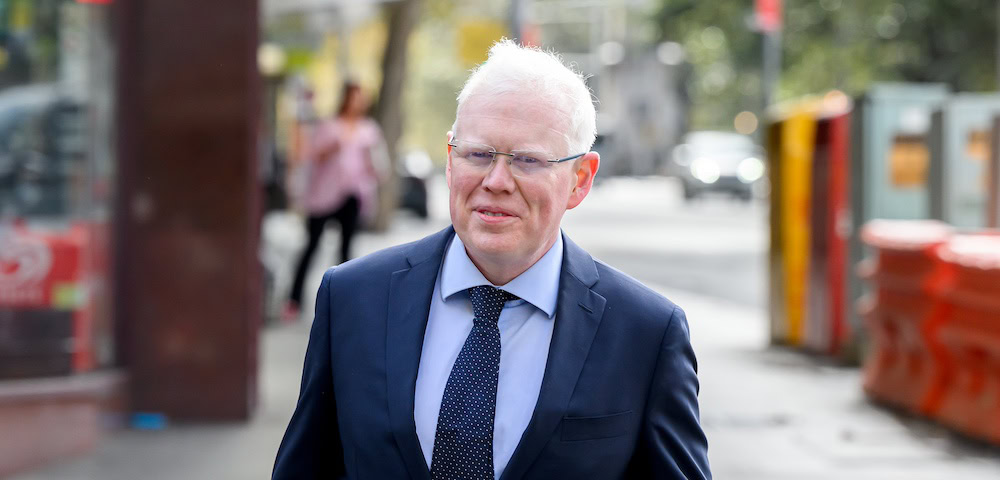
Government launches trial grants program to improve flexibility in childcare

by GRACE JOHNSON
The Minns Labor Government has launched a new initiative aimed at improving working families’ access to early childhood education and care.
Announced yesterday, the $20 million trial launch program will be offered to providers over two years. The program, called the Flexible Initiatives Trial, will see providers receive grants to expand and innovate their services. A key aim is to provide greater accessibility and affordability.
In the government trial grants program, new or adapted operating models will include extending hours of care beyond traditional working hours; providing flexible pick-up and drop-off times; improved access to ad hoc care arrangements outside scheduled hours; and establishing new family day care services in remote areas.
Acting Minister for Education and Early Learning Penny Sharpe said “flexible early childhood education and care options are a critical need for working families, particularly for parents and carers who are in part-time, casual or shift work.”
Childcare costs have been soaring across the country, despite the Albanese government’s efforts to provide subsidies for families.
An interim report from the Australian Competition and Consumer Commission (ACCC) found that fees for centre-based day care increased by 20 per cent across all services between 2018 and 2022 – a 4 per cent increase when adjusted for inflation. Parents are paying nearly 80 per cent more for childcare compared with families overseas, despite government contributions being almost double the OECD average.
ACCC Chair Gina Cass-Gottlieb said, “As the competition and consumer regulator, we have carefully examined the childcare sector and the impacts for consumers. We have found market forces under current policy settings are not delivering on accessibility and affordability for all children and families across Australia.”
“Quality childcare is essential for Australian families. Early childhood education can help children reach developmental outcomes and supports parents and guardians to work and study,” she added.
The report also found that costs of childcare disproportionately affect households in lower socio-economic areas.
Strangely, the report found that households with the lowest median incomes, around $46,000 per year, were also the households with the lowest entitlements to subsidised hours of care, an average of 24 hours a week. Those households also used the most unsubsidised hours of childcare – more than 7 hours per week on average.
In contrast, households on higher incomes receive more subsidised hours of care – roughly 100 hours per week – and only pay for 1.8 unsubsidised hours per week.
As part of its recent Budget, the Minns Labor Government pledged a $5 billion investment in the Childcare and Economic Opportunity Fund (the Fund).
The Fund will also be used to provide $500 per child of fee relief to 3-year-old children attending eligible preschool programs in long day care centres from early 2024 onwards.









